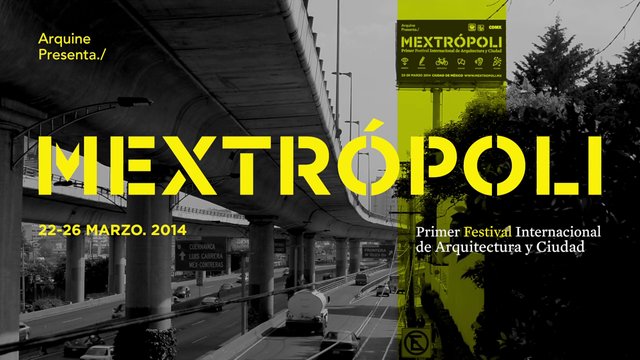You can hear the “bwak, bwak” of chickens as dusk falls on Camino Verde, an informal settlement that sprawls over the hillside of south Tijuana. Down the slope, a group of
men tinker with busted trucks. The neighborhood is home to 40,000 people. In a city that has become a hub of art and food culture in Mexico, Camino Verde is largely immune to any
revitalization and is still plagued by poverty, crime and drug use. I’m standing on the site of Transborder FarmLab, created by Torolab, an interdisciplinary art collective based in Tijuana. Among the discarded tires, piles of trash and loose dogs, people here are trying to make a life for themselves. The FarmLab lot used to be narco-gang turf. Now, it is home to a bunkerlike cultural facility and terraced soil awaiting plantings.
Download PDF for full article.
